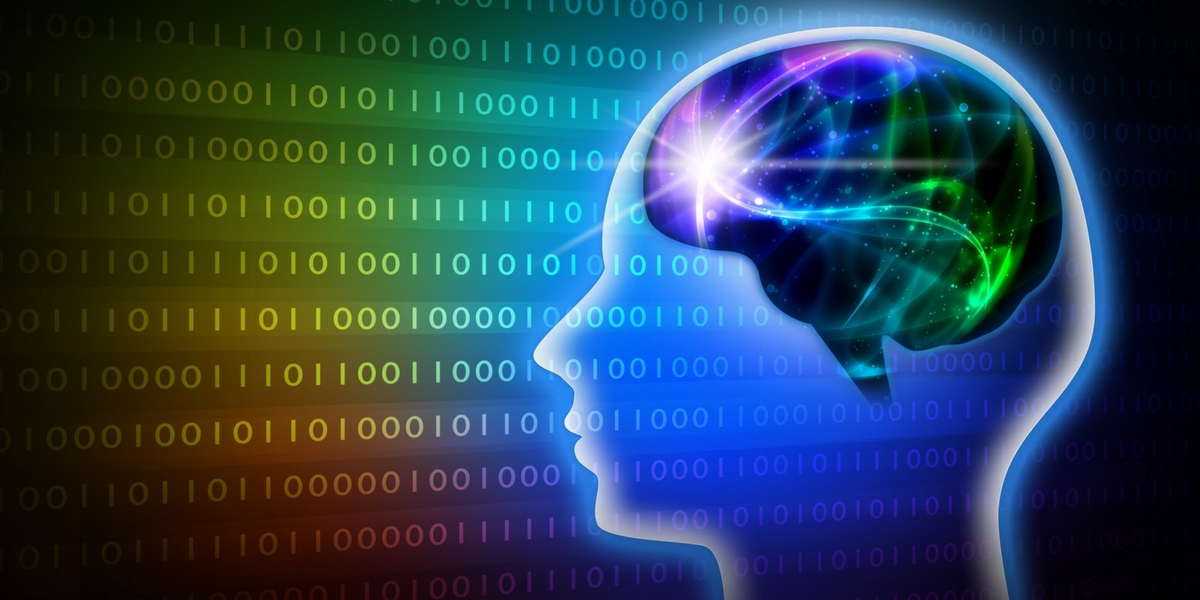Artificial intelligence (AI) is changing, well, nearly everything. But this term is very broad. According to Merriam-Webster Dictionary, AI is simply “the capability of a machine to imitate intelligent human behavior.” One major hallmark of this type of intelligence is that beings must be able to adapt to shifting circumstances. In other words, the technology can’t just learn a set of human behaviors via human programming and repeat them; it must be able to execute desirable actions based on the circumstances it encounters.
As you can imagine, there are many applications for harnessing this technology across industries and use cases. Let’s take a closer look at how five industries are incorporating AI.
AI in Healthcare
The healthcare industry is currently harnessing AI for both front-line patient care and behind-the-scenes operations. For example, some algorithms can predict patient medical issues—like brain bleeds—before they occur based on patient data. This helps improve outcomes for preventative medicine. Some healthcare organizations are incorporating conversational AI to power smart speakers, chatbots, apps and more. This automates manual tasks that would usually fall on the shoulders of clinicians and administrative employees.

AI in Retail
Thin margins are always a concern in retail. Thus, retailers are always looking for ways to cut costs while improving the customer experience. AI can help here. For example, AI algorithms can predict what customers want based on previous purchasing behavior, making it an effective tool for cross-selling at checkout and making helpful suggestions along the way. If there’s one thing that’s becoming increasingly apparent over time, it’s that customers value these personalized shopping experiences over generic ones.
One 2017 hackathon explored a slew of exciting potential uses for AI in retail, including:
- Serving products to shoppers based on celebrity photographs they upload
- Understanding the differences in size and fit across different garment brands
- Reducing the number of costly returns
AI in Data Analytics
Artificial intelligence is revolutionizing data analytics across industries, reducing the amount of time it takes to derive insights from many data sources. It is also making it simple for non-technical users to analyze data, create data visualization models and more. Furthermore, machine-learning algorithms refine these AI-driven systems over time, zeroing in on what constitutes a relevant insight.
Long story short: Artificial intelligence data analytics automates discovering insights hidden deep within data, something that used to be a manual process for human data scientists. This gives business users of all types access to speedy, accurate insights that will in turn help inform decisions.
AI in Manufacturing
The Internet of Things (IoT) has allowed new connectivity between computers and non-computer devices. This is completely changing the nature of manufacturing, as companies can monitor processes closely every step of the way, from product design to production and order fulfillment. Smart factories use a network of sensors and data analytics to optimize workflows and maximize ROI.

AI in Communications
Artificial intelligence has implications for the communications industry in terms of network utilization, customer service and marketing. According to TechEmergence, the six leaders in telecommunications are using AI in the form of:
- Chatbots for customer service: A precursor to speaking with a human agent, AI chatbots can handle many customer service inquiries and keep people in the funnel without overwhelming employees.
- Voice-controlled purchases: An alternative to buying new media via remote control, voice-control AI services allow customers to speak.
- Predictive network maintenance: Network downtime is a revenue and trust killer for telecom companies, but AI can help with preventative maintenance by monitoring and predicting outages.
Artificial intelligence is incredibly versatile, meaning it will impact organizations across industries in the coming days.

